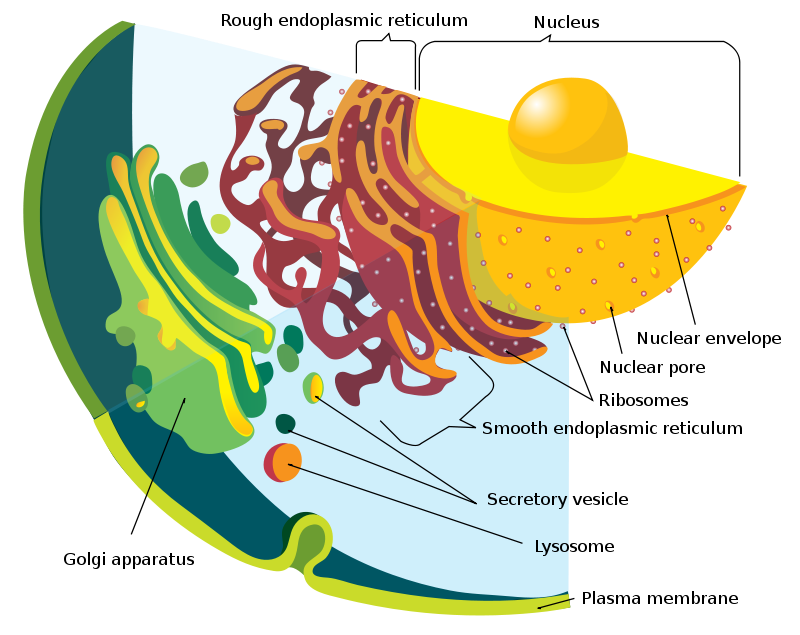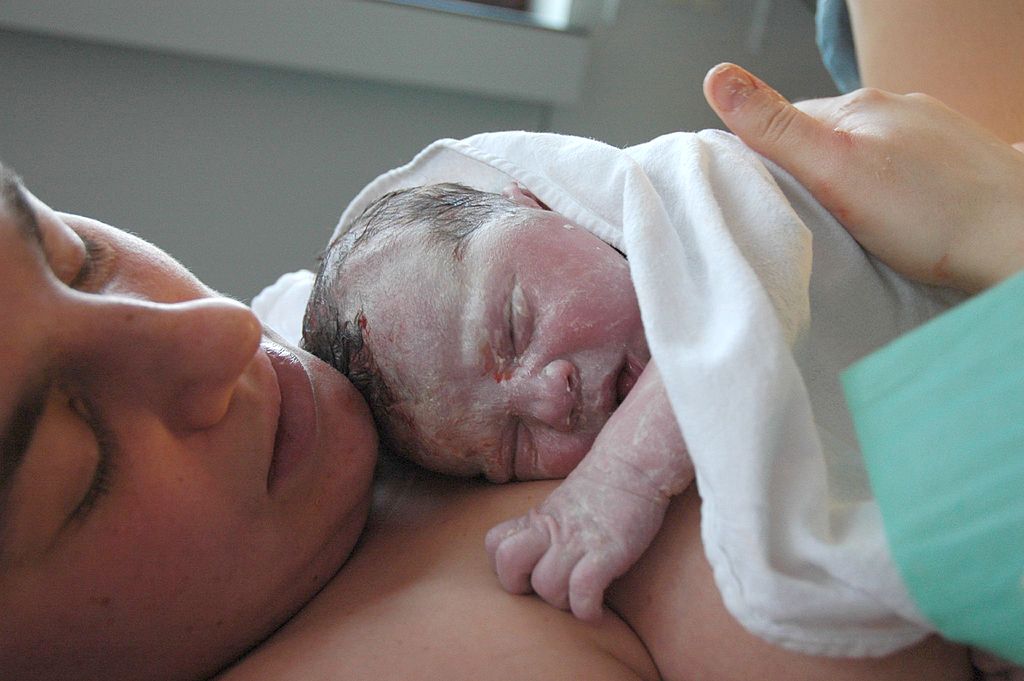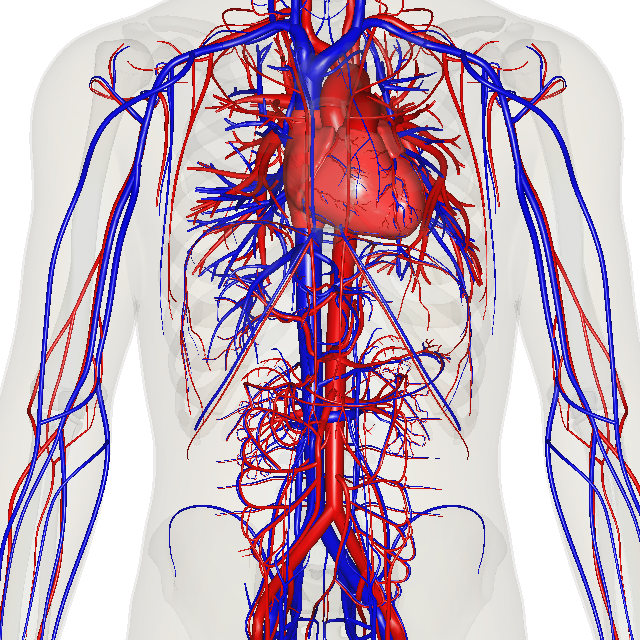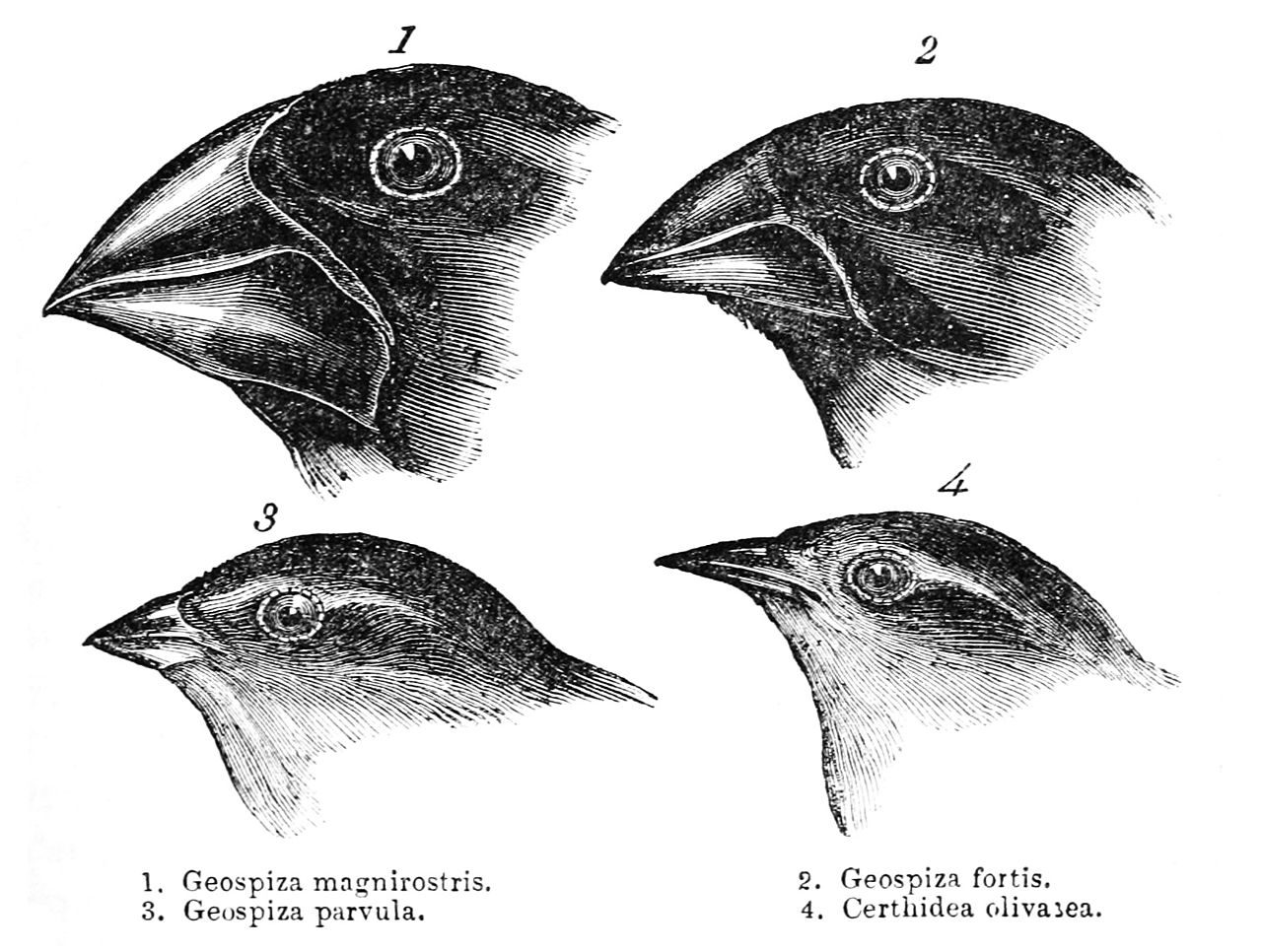Main concepts of life Science Tnpsc
Main Concepts of Life Science Life science definition The life sciences or biological sciences comprise the branches of science that involve the scientific study of life and organisms – such as microorganisms, plants, and animals including human beings. Concepts of life science Life science is one of the two major branches of natural science, the … Read more






